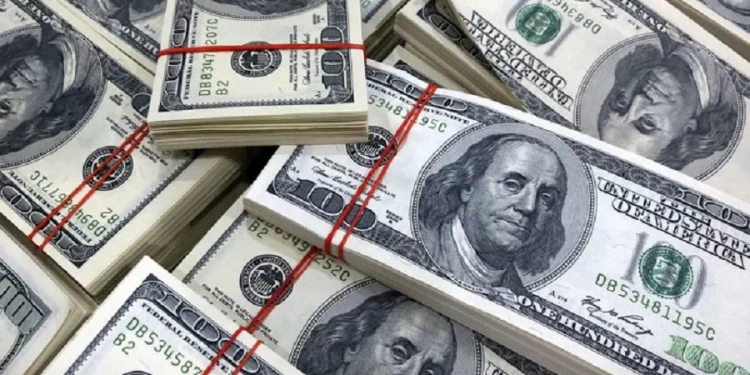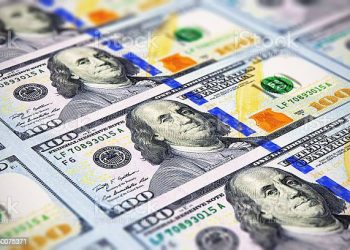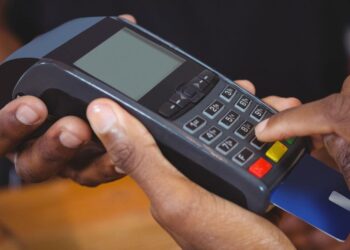Thursday, September 8, 2022: The naira has been declining and having an implication for individuals and businesses. Since the beginning of September, the pressure on the naira has caused it to plunge steadily, making it traject towards a new all-time low against the dollar. Already, there are fears that the naira might hit a new record-low before the end of September.
As of the close of trading activities, the exchange rate at the parallel (black) market stood at about N703/$1 meaning that the naira has shed off 0.72 percent of its value month to date. Similarly, it has depreciated 25 percent year-to-date from the exchange rate of N560/$1 as of the beginning of the year. Trading activities at the B2B market show that the exchange rate closed at N707/$1 for the same period being reported. This is based on the information obtained from forex marketers in Lagos.
Investors and Exporter’s Window
The exchange rate at the Nigerian Investors and Exporters (I&E) FX Window shows that the naira has remained weak compared to the dollar. It hit the 430 benchmark at the beginning of the month and has been hovering around that threshold. As of the close trading session, the naira settled at N436.32/$, rising insignificantly from the previous day’s rate (436.50) and declining 1.5 percent on a week-on-week basis.
Historic data compiled by Rate Captain from FMDQ Exchange shows that the naira depreciated 1.5 percent on a week-on-week basis. Similarly, the dollar gained 1.2 percent against the naira on a month-on-month basis.
An exchange rate of N437.50/$ was the highest rate recorded during the intra-day trading before it settled at N436.32/$1 at the end of the trading session, while it also traded as low as 425/$ during intra-day trading. According to data from FMDQ, a total of $37.50 million was traded at the Investors and Exporters (I&E) Window on Wednesday, representing an decrease of 119 percent from the $82.23 million traded the previous day.
Foreign Reserves
The gross foreign reserve of the country has been declining since the beginning of the month. According to data from the Central Bank of Nigeria (CBN), as of September 5, 2022, the external reserve stands at $38.94 billion, decreasing by $63 million (0.2 percent) from $38.99 billion recorded on September 2, 2022. Also, it has fallen by $89 million year-to-date.
What marketers are saying
Our research analysts interviewed some forex traders and marketers to know why the naira has been falling. Marketers think that the scarcity of the dollar is affecting the market.
According to a forex marketer who preferred to comment anonymously, there is not enough dollar (cash) to cater to the incoming demand in the market. He said, “there are situations whereby we call some forex traders who sell dollars to carry out transactions with them and they say they do not have any dollar at their disposal to sell to customers. Most of them cannot even give a selling price because they are unsure of the next direction the naira will take.”
“The CBN policies and actions have caused the naira to plunge previously, making it reach a record-low as witnessed in early August. But this current decline in the value of the naira is purely due to market forces.”
Mr. Akinwale Omoleye, a forex marketer at Sonora Capital Ltd highlighted supply-side factors as the reason for the depreciating naira, pointing to the fact that the country’s inability to attract foreign investors has affected the reserve base of the country.
He said, “the balance of payment surplus required to accrue the foreign earnings needed in the country has not been realized yet. With the significantly high level of importation and emigration in the country, demand for the dollar has surged, putting massive pressure on the naira.”
Foreign investors are not bringing in funds as they used to into the country. The investment climate which appears to be unfavorable and unconducive has deterred foreign investment and has a knock-on effect on the country’s external sector.
However, some forex marketers believe that the market will take a positive turn soon as some financial interventions coming from international financial organizations into Nigeria in dollars can provide some quick fixes and to some extent reduce the pressure in the market.










